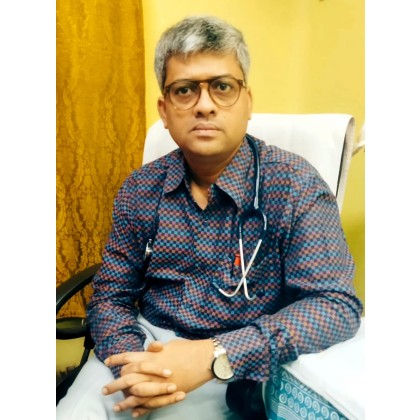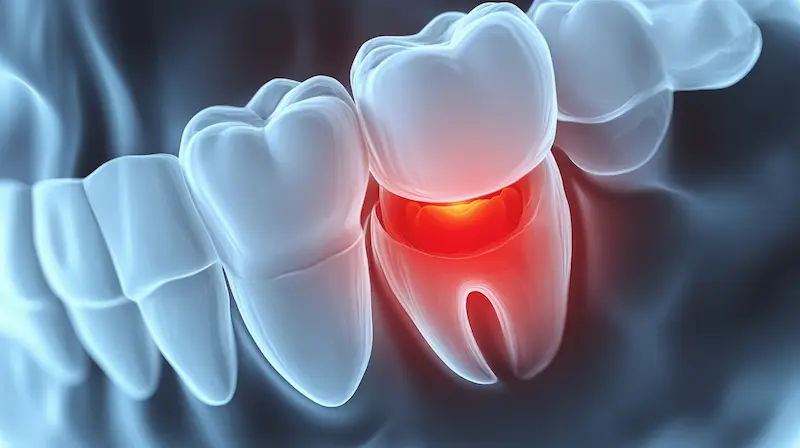Understanding the Purpose of Dialysis
Learn what dialysis is, why it's necessary, and how it supports kidney function. This guide explains dialysis types, benefits, and tips for living well with kidney failure.


Introduction
If you or a loved one has been advised to undergo dialysis, you may have questions about what it is, why it’s needed, and how it helps. Dialysis is a life-saving treatment that supports kidney function when the kidneys can no longer work properly. This article will explain dialysis in simple terms, its purpose, and how it can improve quality of life for patients with kidney disease.
What is Dialysis?
Dialysis is a medical procedure that helps filter waste, excess fluids, and toxins from the blood when the kidneys are unable to do so. Normally, healthy kidneys perform this function, but if they fail due to chronic kidney disease (CKD), acute kidney injury, or other conditions, dialysis becomes necessary to keep the body functioning.
There are two main types of dialysis:
1. Hemodialysis – Blood is filtered through a machine outside the body.
2. Peritoneal Dialysis – A cleansing fluid is introduced into the abdomen, which absorbs waste before being drained out.
Why is Dialysis Needed?
The kidneys play a crucial role in maintaining overall health by:
Removing waste and extra fluids from the blood.
Balancing electrolytes (sodium, potassium, calcium).
Helping regulate blood pressure.
Producing hormones that support red blood cell production.
When kidneys fail, harmful toxins build up in the body, leading to serious complications like:
Swelling in legs, hands, or face (fluid retention).
Fatigue and weakness.
High blood pressure.
Shortness of breath (due to fluid in the lungs).
Nausea, vomiting, and loss of appetite.
Dialysis helps by performing these kidney functions artificially, preventing life-threatening conditions.
Who Needs Dialysis?
Dialysis is typically recommended for people with:
End-stage renal disease (ESRD) – When kidneys have lost nearly all function (less than 15% efficiency).
Acute kidney failure – Temporary kidney damage due to infections, dehydration, or medication side effects.
Severe electrolyte imbalances – High potassium or sodium levels that can cause heart problems.
Your doctor will assess kidney function through blood tests (creatinine, GFR) and urine tests before recommending dialysis.
Consult Top Specialists
How Does Dialysis Help?
Dialysis improves quality of life by:
1. Removing Waste & Toxins – Prevents poisoning from urea and creatinine buildup.
2. Controlling Fluid Levels – Reduces swelling and prevents fluid overload in the lungs.
3. Balancing Electrolytes – Maintains safe potassium and sodium levels.
4. Regulating Blood Pressure – Helps manage hypertension caused by kidney failure.
5. Supporting Overall Health – Reduces symptoms like fatigue, nausea, and confusion.
Living with Dialysis: Tips for Patients
While dialysis is essential for survival, adjusting to it can be challenging. Here are some ways to manage life on dialysis:
1. Follow a Kidney-Friendly Diet
Limit fluids to avoid overloading the body.
Reduce sodium (avoid processed foods, pickles, and canned soups).
Control potassium (limit bananas, oranges, potatoes, and tomatoes).
Eat moderate protein (lean meats, eggs, fish).
Avoid phosphorus-rich foods (dairy, nuts, soda).
2. Stay Active & Manage Stress
Light exercises like walking or stretching can improve energy levels.
Meditation or counselling can help cope with emotional stress.
3. Take Medications as Prescribed
Blood pressure pills, phosphate binders, and vitamins may be needed.
4. Attend All Dialysis Sessions
Skipping treatments can lead to serious complications.
5. Monitor Health Regularly
Keep track of weight, blood pressure, and symptoms between sessions.
When to Seek Help?
Contact your doctor if you experience:
Severe swelling or shortness of breath.
Chest pain or irregular heartbeat.
Extreme fatigue or confusion.
Persistent nausea or vomiting.
Can Dialysis Be Avoided?
In early-stage kidney disease, lifestyle changes and medications may slow progression. However, if kidneys fail completely, dialysis or a kidney transplant becomes necessary.
Conclusion
Dialysis is a vital treatment that helps patients with kidney failure live longer and healthier lives. While it requires adjustments, proper care and medical support can make the process manageable. If you or someone you know has kidney concerns, consult a nephrologist (kidney specialist) for personalised advice.
Need Help?
If you suspect kidney problems or need dialysis consultation, you can book an appointment with Apollo24|7’s expert nephrologists for guidance and treatment options.
Consult Top Specialists
Consult Top Specialists

Dr Suseela
General Physician
5 Years • MBBS
Bengaluru
Apollo Medical Center, Marathahalli, Bengaluru

Dr. Rajib Ghose
General Physician/ Internal Medicine Specialist
25 Years • MBBS
East Midnapore
VIVEKANANDA SEBA SADAN, East Midnapore

Dr. Mainak Baksi
General Practitioner
13 Years • MBBS , MD (MPH)
Howrah
Mainak Baksi Clinic, Howrah
(50+ Patients)

Dr. Ashita Kuruvilla
General Physician/ Internal Medicine Specialist
7 Years • MBBS
East Midnapore
VIVEKANANDA SEBA SADAN, East Midnapore

Dr. S A Mallick
General Physician/ Internal Medicine Specialist
25 Years • MBBS , MD
Kolkata
Dr. S A Mallick's Chamber, Kolkata
(25+ Patients)




